Have you felt the pinch at the pump lately? Well, you’re not alone. Across Texas, gas prices are soaring, turning what used to be a mundane task—filling up the tank—into a financial burden. Why are these prices climbing so high, and what does it mean for your budget?
Why Your Fuel Costs More
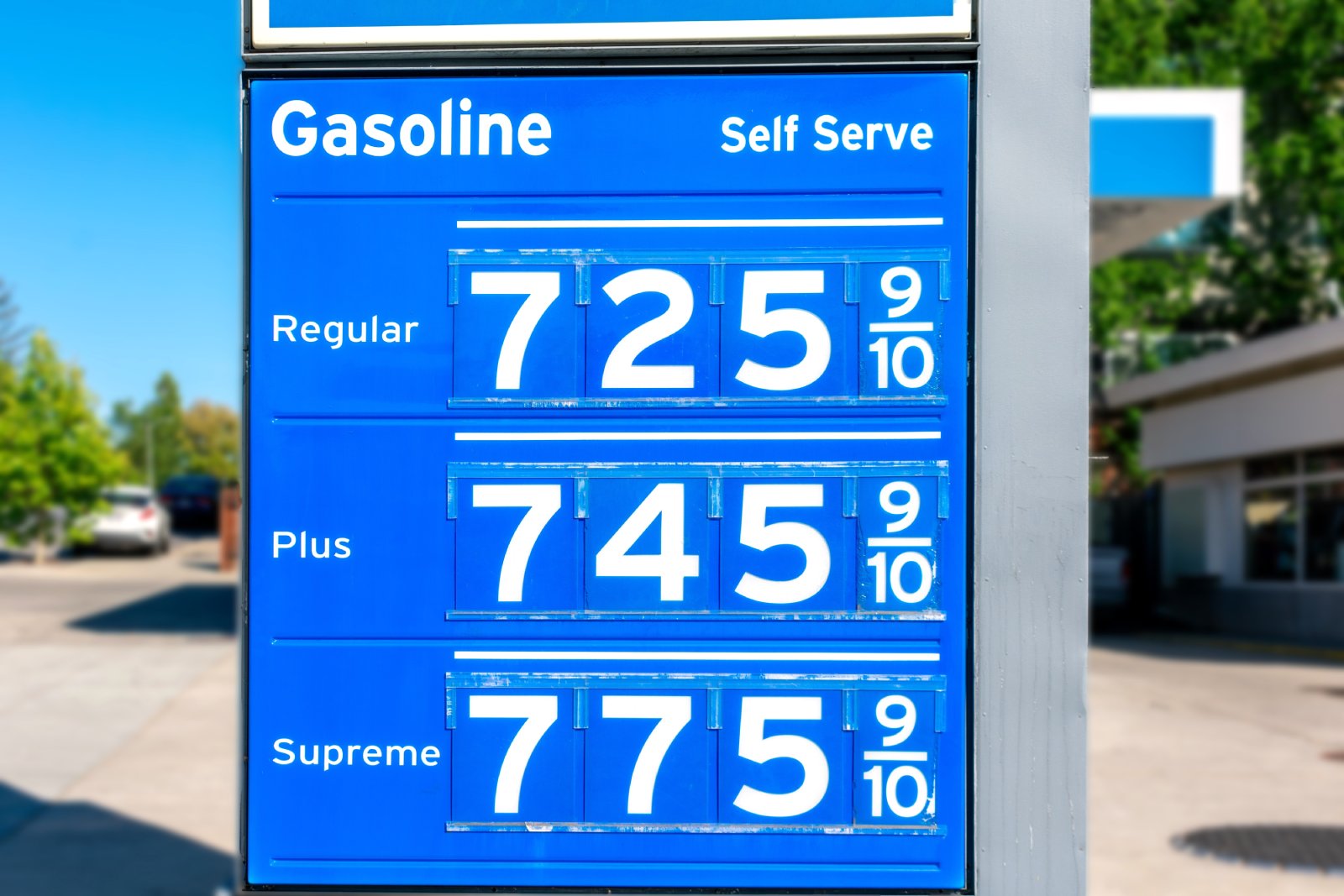
Gas prices in Texas have hit new highs, with some areas seeing prices increase by over 30% compared to last year. Analysts point to a mix of factors, including increased demand as travel resumes post-pandemic, cuts in global oil production, and geopolitical tensions affecting oil supply routes. This perfect storm is brewing above your local gas station’s price board.
The Numbers Speak Volumes
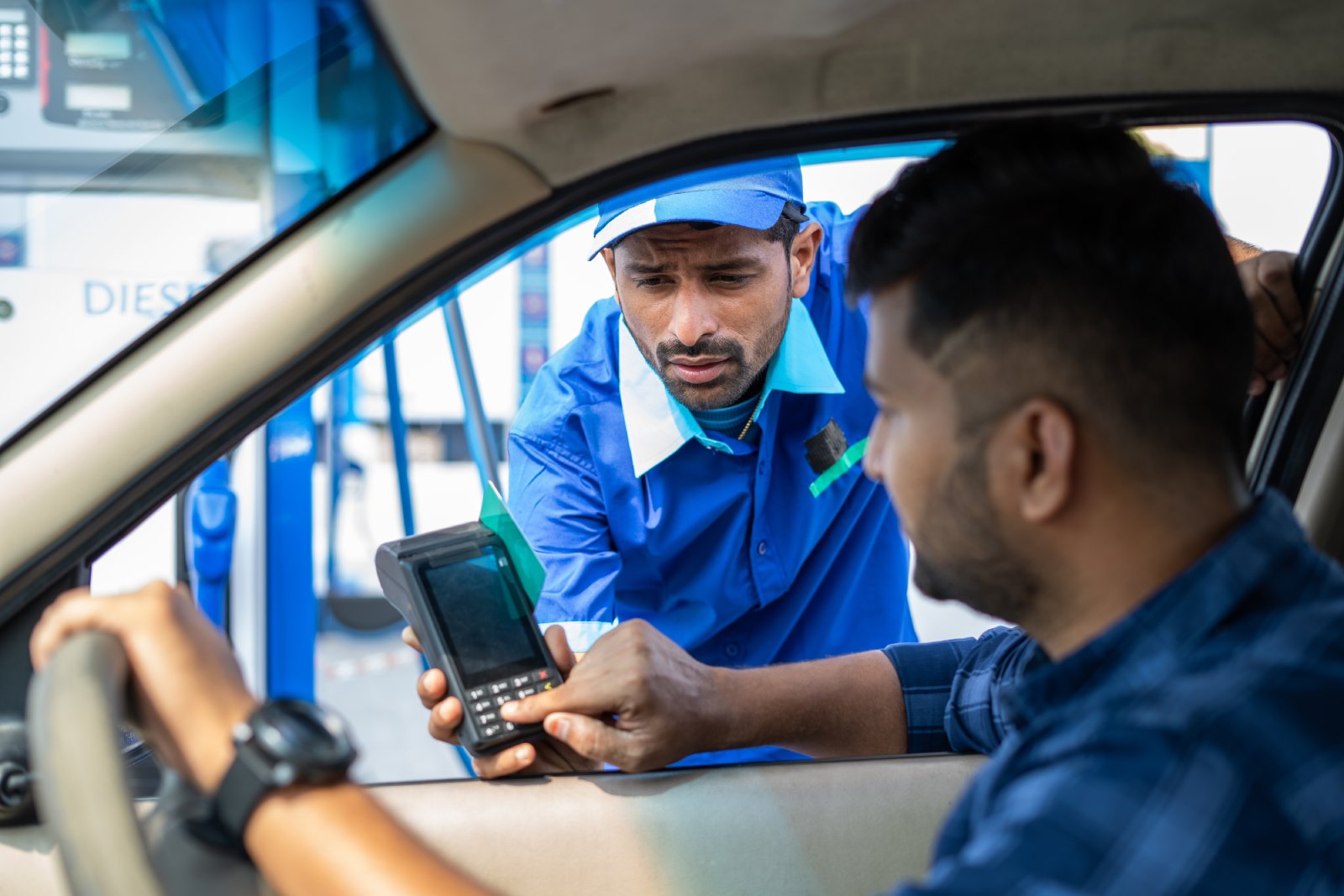
As of the latest figures from the Energy Information Administration (EIA), the average price of gasoline in Texas has surged to over $4 per gallon, a significant leap from last year’s average of $3.50. This hike is not just a number—it’s a clear indicator of the strain on everyday commuting and the broader economic impact on households across the state.
Innovations in Fuel Consumption
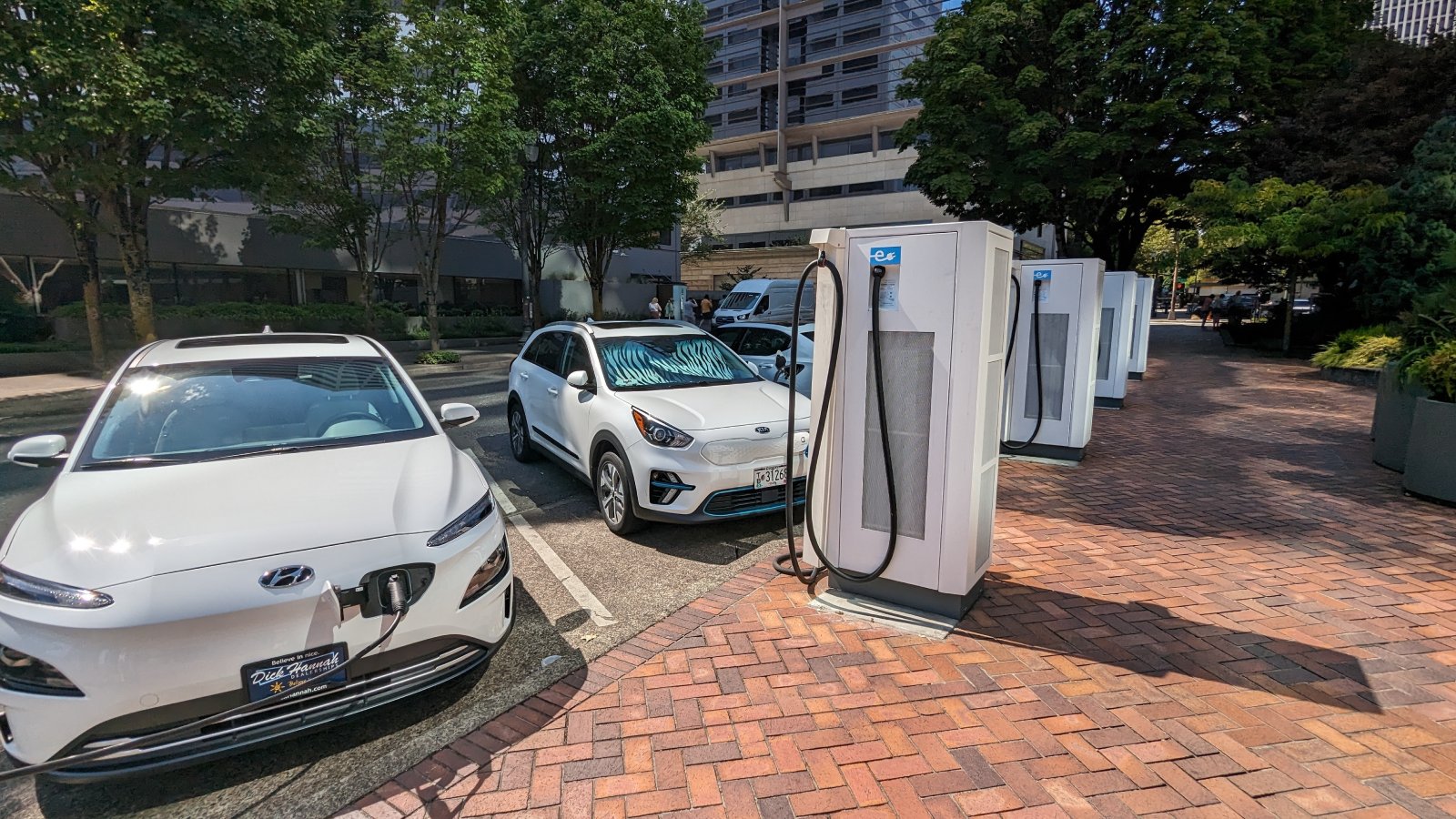
In response to rising fuel costs, Texans are increasingly turning to alternative transportation methods and fuel-efficient vehicles. Electric vehicle (EV) sales, as reported by the Texas Department of Motor Vehicles, have seen a 20% increase in the past year. Public transport usage has seen a modest increase of 5% according to local transit authorities.
Expert Insights on Fuel Economy
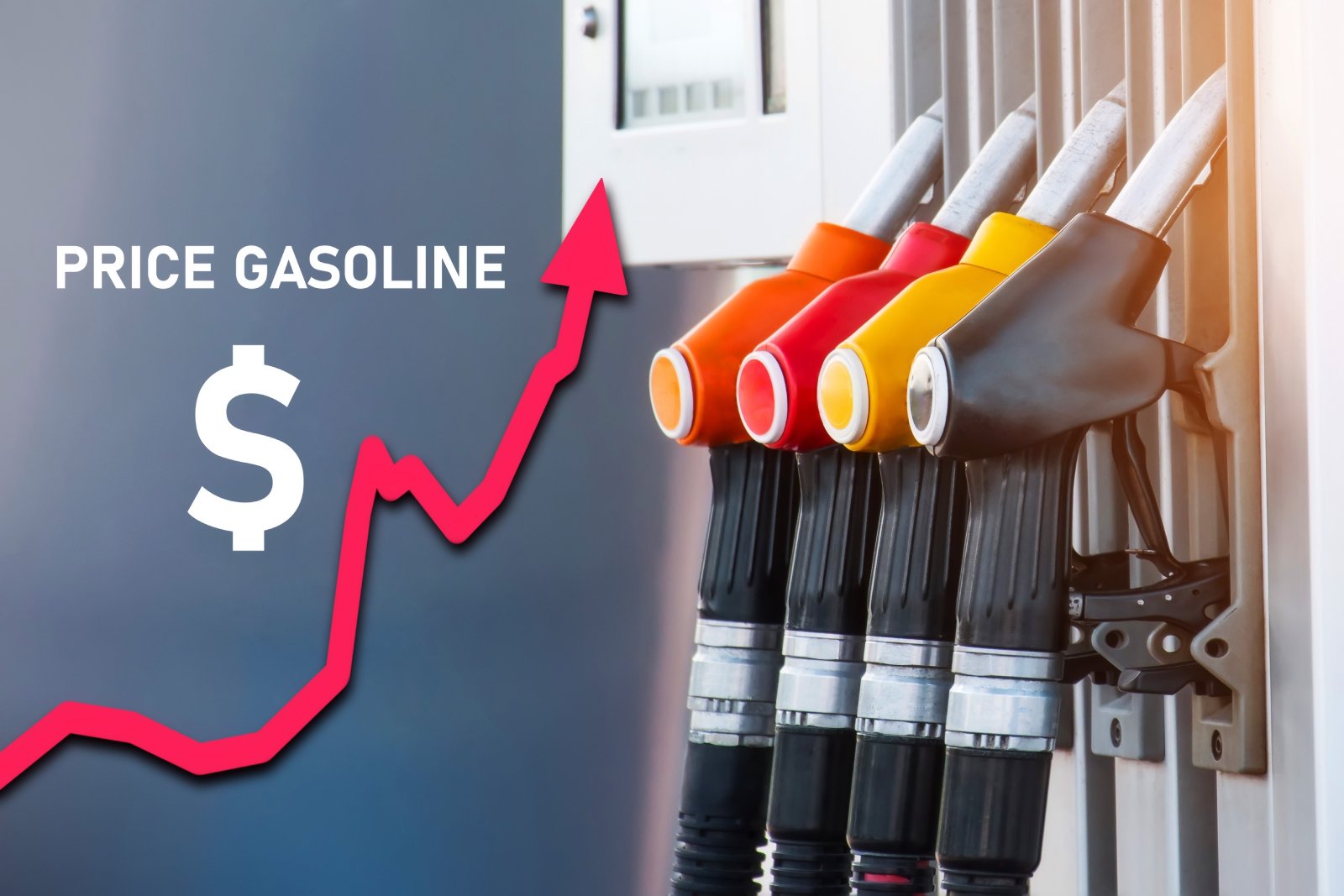
Economists from the University of Texas predict that if current trends continue, we might see a further 10% increase in gas prices over the next six months. Energy specialists advocate for more robust local policies supporting renewable energy and better infrastructure for EVs to cushion communities against such fluctuations.
Fuel Efficiency: Saving More Than Just Money

With rising gas prices, Texans are finding creative ways to increase their vehicles’ mileage. Tips like regular maintenance checks, tire pressure monitoring, and strategic driving can make a noticeable difference. Such measures not only save money but also reduce environmental impact.
The Global Influence

Texas doesn’t operate in a vacuum. International events, like the recent oil embargo by OPEC countries or geopolitical conflicts in oil-rich regions, can drastically affect local gas prices. Keeping an eye on global trends helps Texans anticipate changes and adapt their budgets accordingly.
State Responses to the Crisis
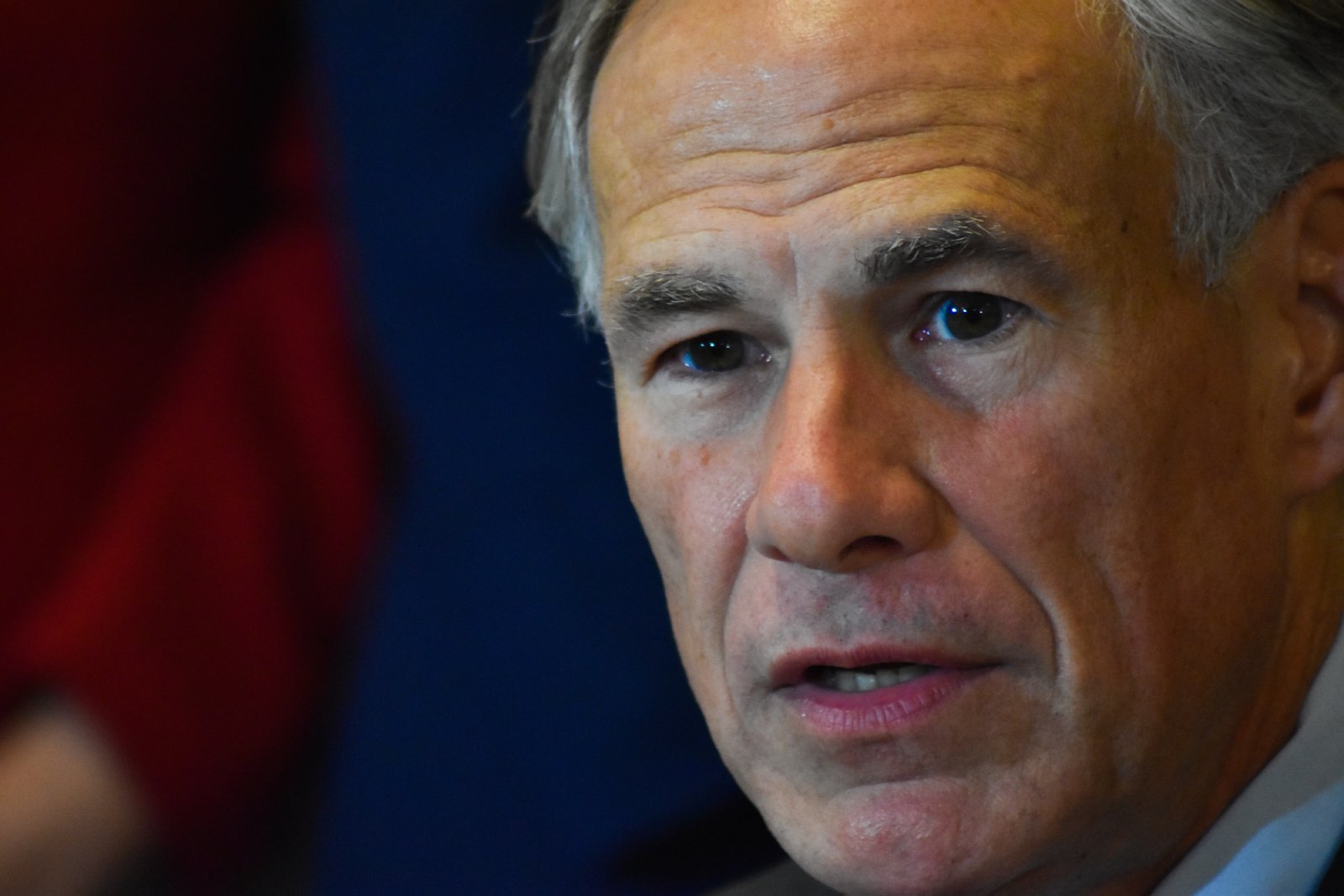
Governor Greg Abbott and state legislators are considering proposals for temporary gas tax holidays and incentives for using public transportation. These measures aim to ease the burden on Texans while longer-term solutions are explored.
The Role of Local Oil Production
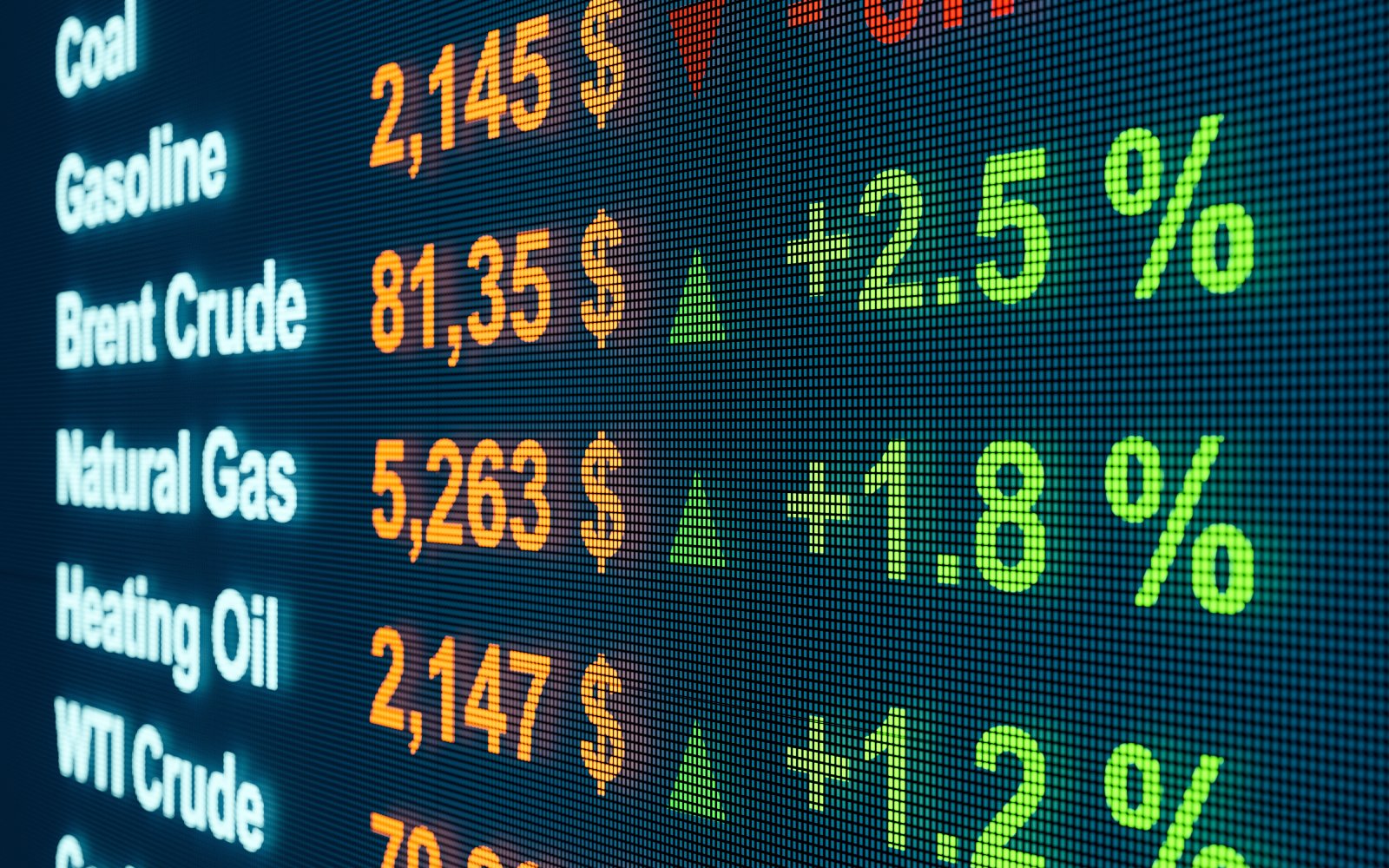
Despite being a net oil exporter, Texas feels the sting of global oil price increases. This paradox highlights the complexities of local versus global oil markets and the challenges in balancing domestic supply and demand.
Consumer Advocacy

Grassroots movements and consumer advocacy groups, such as the Texas Consumer Protection Division, are gaining momentum, pushing for more transparent pricing practices from gas stations and better regulation of fuel markets. Their efforts aim to protect consumers from potential price gouging.
The Environmental Perspective
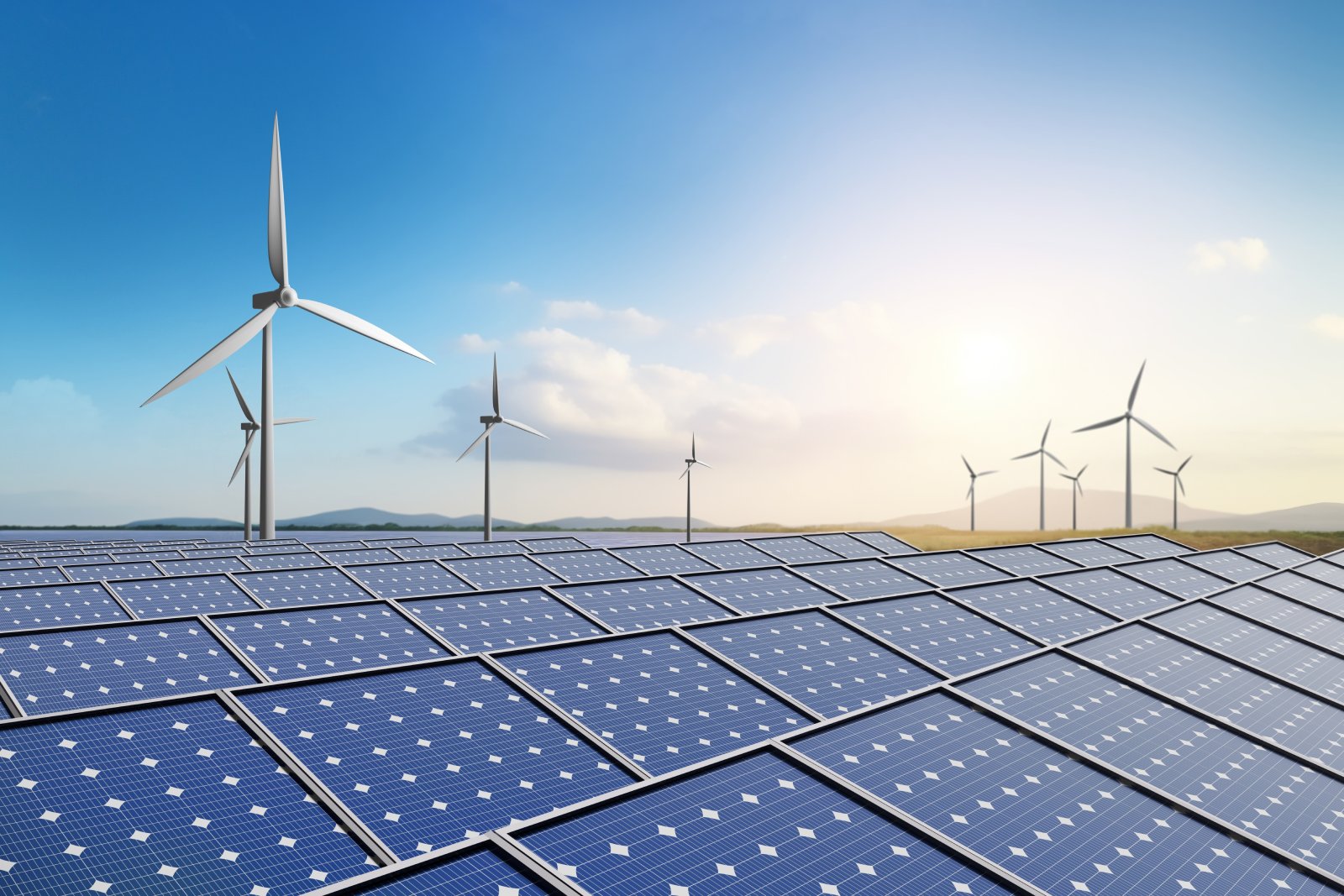
The crisis has inadvertently boosted interest in sustainable energy solutions. Solar power and wind energy, already strong in Texas, are seeing increased investment and interest as alternatives to oil dependency.
The Economic Ripple Effect

The surge in gas prices affects more than just commuters. From grocery prices to the cost of goods and services, the entire Texan economy feels the pressure. Understanding these interconnected impacts is crucial for managing household budgets.
Public Reaction and Sentiment

Public frustration is palpable. Interviews and social media reveal a growing discontent among Texans, many of whom feel the pinch but see little relief in sight. This sentiment could influence upcoming elections and policy decisions.
Corporate Adjustments to Rising Costs
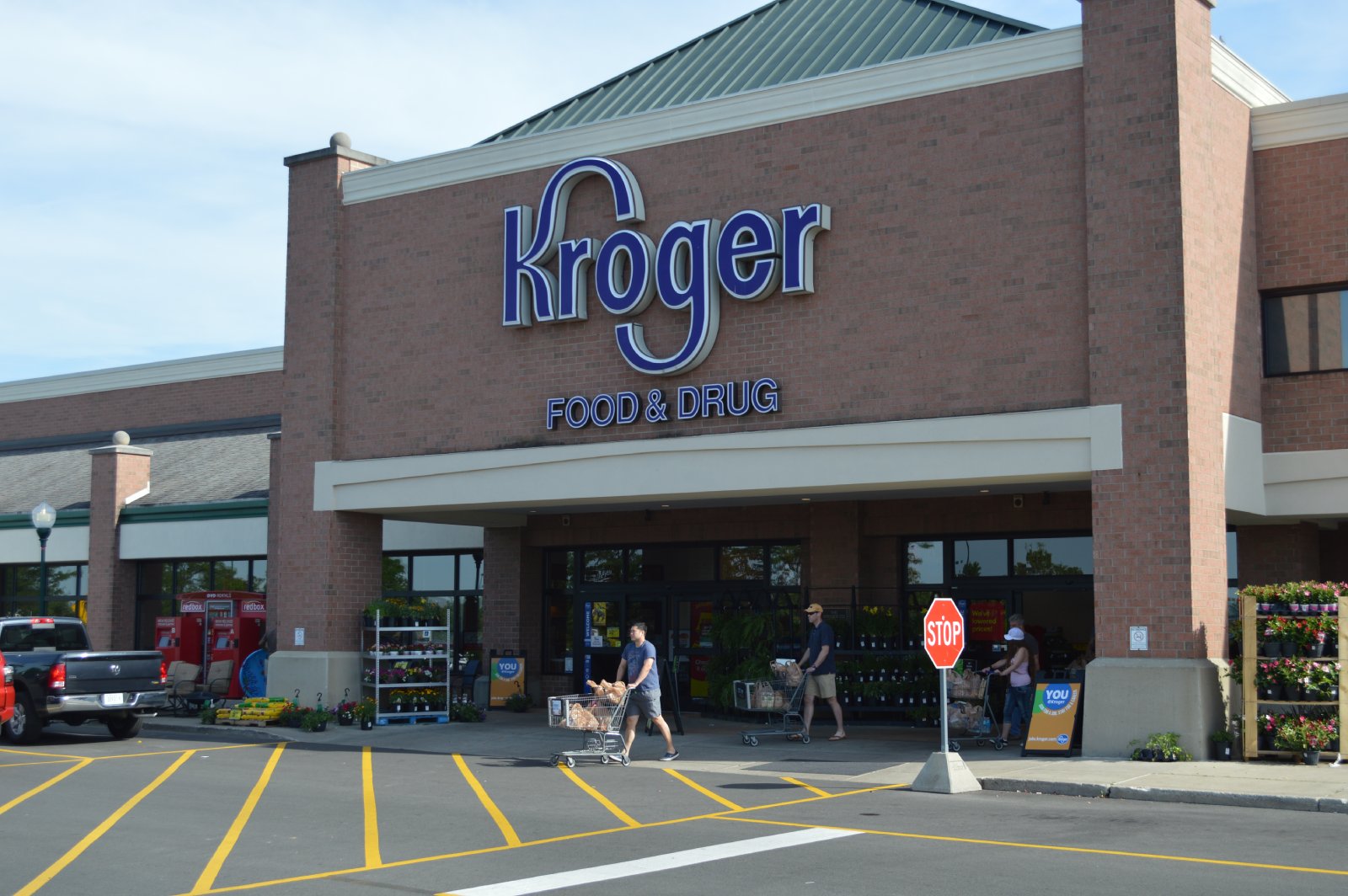
Businesses across Texas, including major retailers like H-E-B and Kroger, are adjusting strategies to cope with higher transportation costs. Some are passing costs to consumers, while others absorb the impact, risking their profit margins to keep customers satisfied.
Transportation Alternatives Gaining Ground

Amidst rising costs, alternatives like biking, walking, and car-sharing are becoming more popular. Cities like Austin and Houston are improving infrastructure to support these environmentally friendly and cost-effective options.
Future Technologies in Transportation
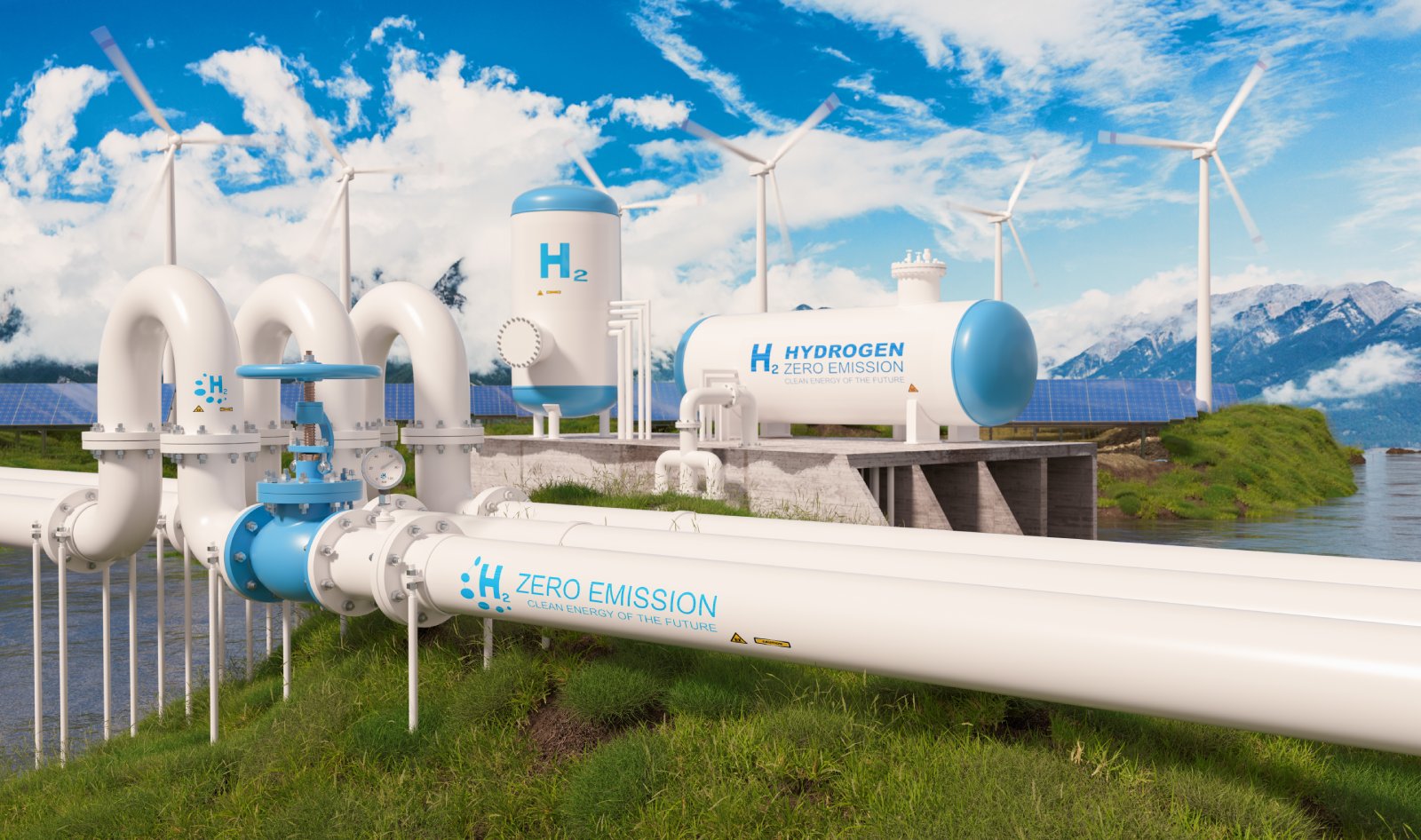
Innovations such as hydrogen fuel cells and improved battery technologies offer hope for cheaper, more efficient travel in the future. Texas is poised to be a leader in these advancements, given its technological prowess and economic incentives.
The Psychological Impact of Price Volatility

The constant fluctuation in gas prices creates a psychological burden for many. The uncertainty affects planning and can lead to stress and anxiety, highlighting the need for more stable energy solutions.
Community Initiatives to Offset Costs
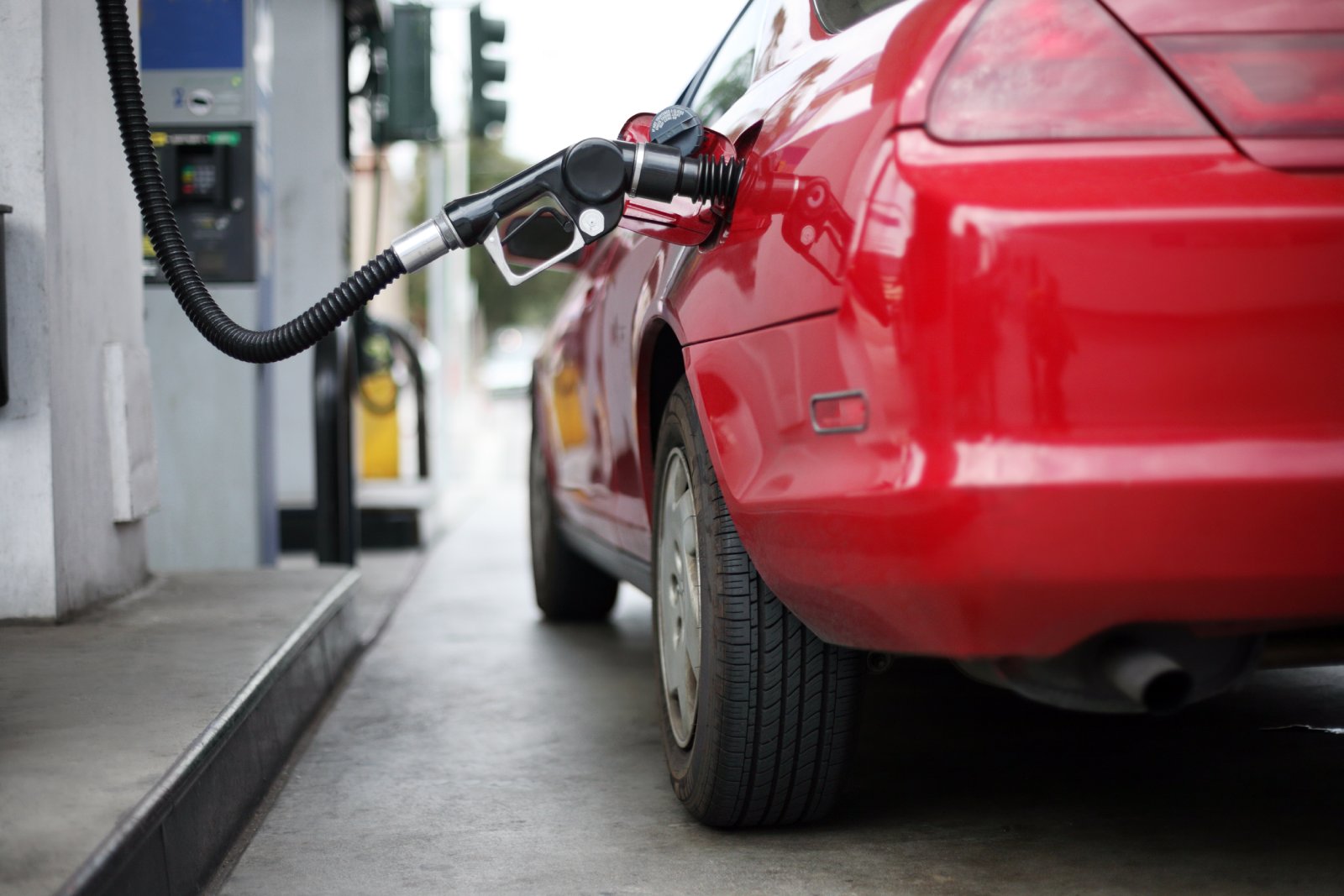
Local communities are banding together to offer shared resources and support systems. These initiatives include bulk buying of fuel, community-supported transportation options, and local bartering systems for goods and services.
The Media’s Role in Shaping Perceptions

The way media outlets report on gas prices can influence public perception and behavior. Balanced reporting is essential to inform and empower consumers without causing panic or despair.
What’s Next for Texas Fuel Prices?
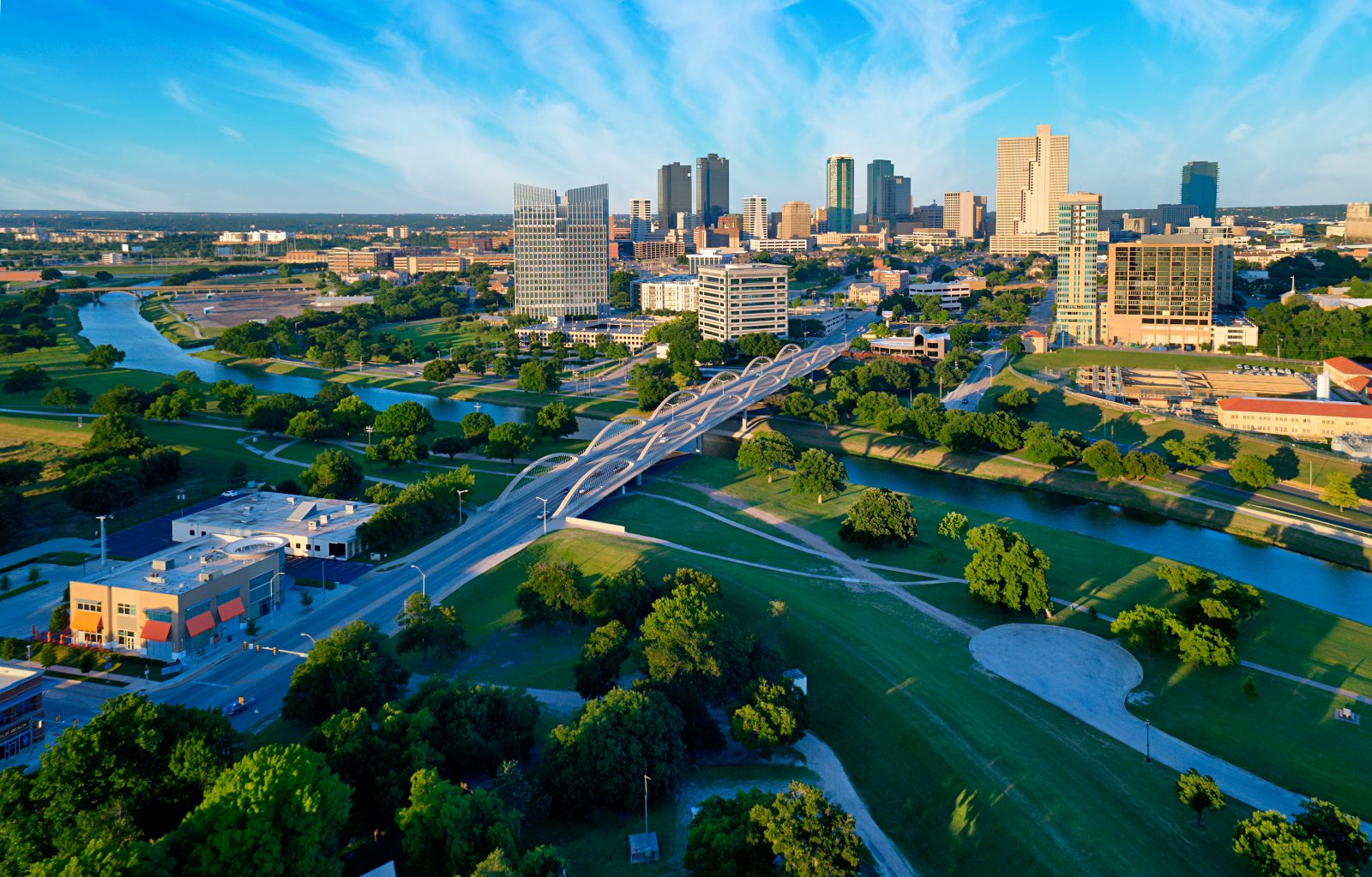
The road ahead seems daunting. Will Texas see relief at the pumps soon, or is this the new normal? The answer largely depends on global oil market dynamics and domestic energy policies. Either way, Texans are bracing for more challenging times.
Millennials Are Over It: 25 Reasons Woke Culture Is Losing Its Charm

Has the push for progress tipped too far into preachiness? Here’s why many Millennials might think so. Millennials Are Over It: 25 Reasons Woke Culture Is Losing Its Charm
Is It Time Boomers Paid the Price for America’s Economic Inequality?

The American Dream feels more elusive than ever, especially for younger generations. What was once achievable through hard work now faces significant hurdles, from skyrocketing college costs to the challenging pursuit of homeownership. Here’s a look at why it’s tougher for Millennials and Gen Z compared to Baby Boomers. Is It Time Boomers Paid the Price for America’s Economic Inequality?
Rent Crash in California: Landlords Scramble as Prices Take a Hit
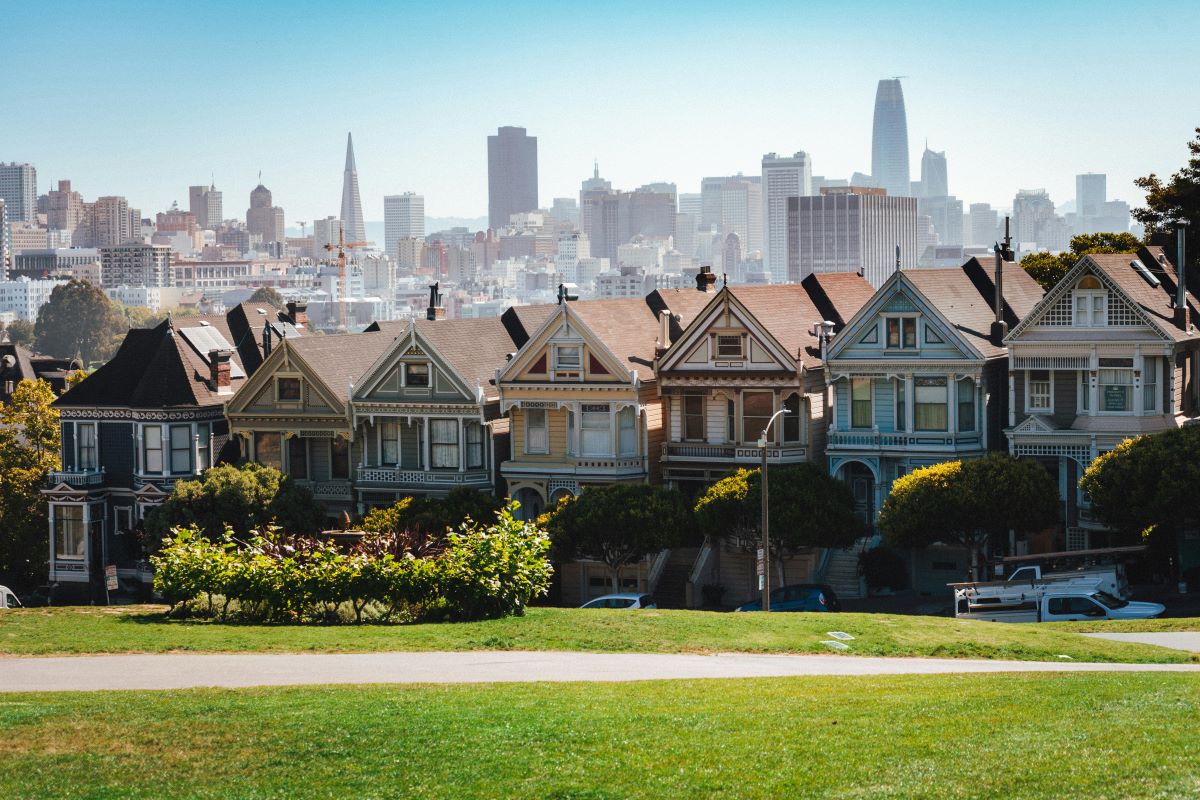
California’s rental market is taking a nosedive, with major cities seeing huge drops in rent prices. Rent Crash in California: Landlords Scramble as Prices Take a Hit
Featured Image Credit: Shutterstock / l i g h t p o e t.
The content of this article is for informational purposes only and does not constitute or replace professional advice.
The images used are for illustrative purposes only and may not represent the actual people or places mentioned in the article.
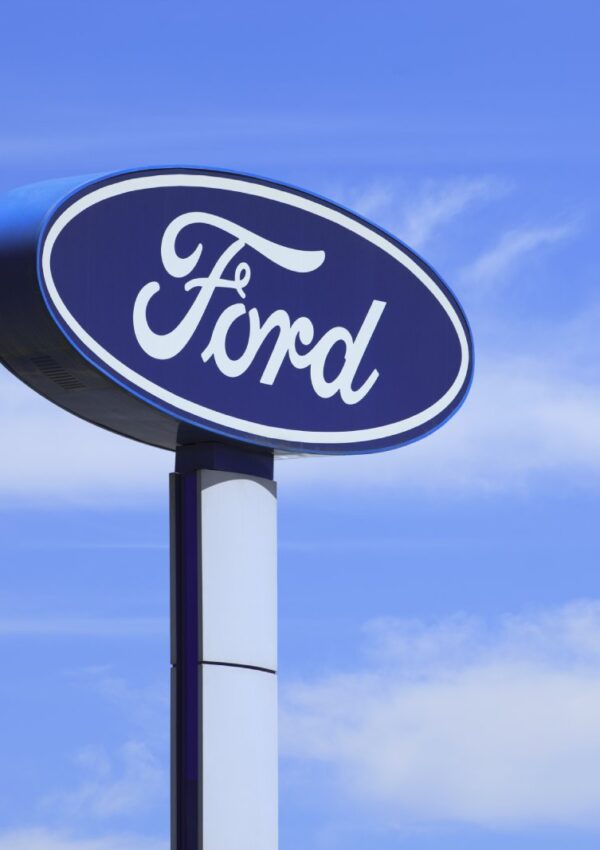




Leave a Reply